Heat Treatment
The Ministry for Primary Industries New Zealand “MPI” recently released the new Import Health Standard (IHS) for vehicles, machinery and equipment.
Heat Treatment Service
Accordingly, from 1 September 2018, all used vehicles shipped to New Zealand are required to undergo Heat Treatment in addition to the existing biosecurity decontamination and inspection requirements.
- Criteria for Heat Treatment
- 56°C for 30 minutes (all sizes and weights of vehicles and machinery)
- 60°C for 10 minutes for vehicles and machinery under 3,000kg; and
- 60°C for 20 minutes for vehicles and machinery exceeding 3,000kg.
- Measurement at the coldest spots (Engine room and Trunk room)
- Period
- For used vehicles that leave Japan on or after September 1 and arrive in New Zealand on or before April 30 of any year.
- Corresponding
- We will conduct heat treatment of vehicles with a height of less than 2 meters.
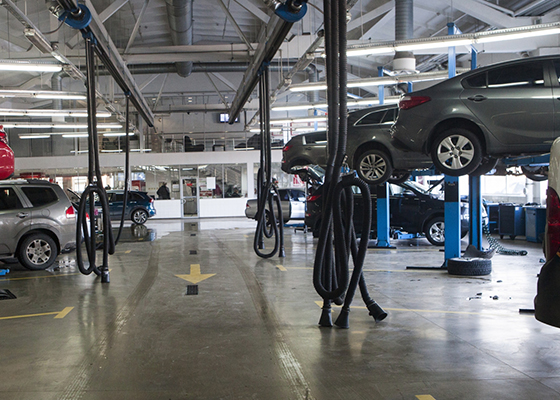
ATJ Heat Treatment is approved by the New Zealand Ministry of Primary Industries (NZMPI), Department of Agriculture, Fisheries and Forestry (DAFF)and Fiji.
We remain committed to working closely with all of our customers, and MPI, DAFF and BAF officials to ensure a smooth process for heat treatment.
We look forward to your cooperation as we deliver a successful service to you.
MPI NZ Heat Treatment
An approval to conduct heat treatment on the facilities listed below has been granted to Autoterminal Japan by the Ministry of Primary Industries as part of the ATJ Used Vehicle System.
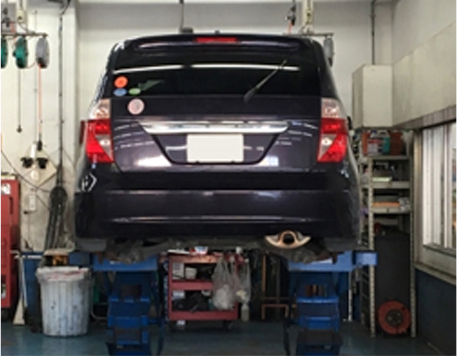
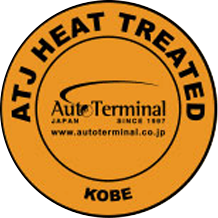
- Kobe
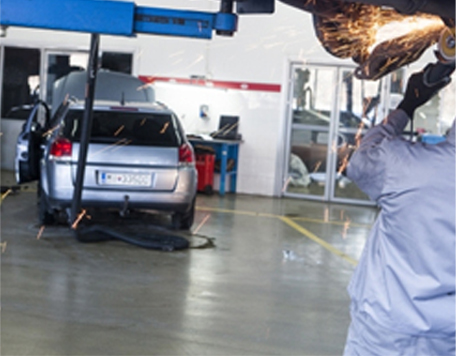
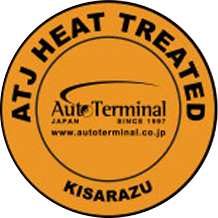
- Kisarazu
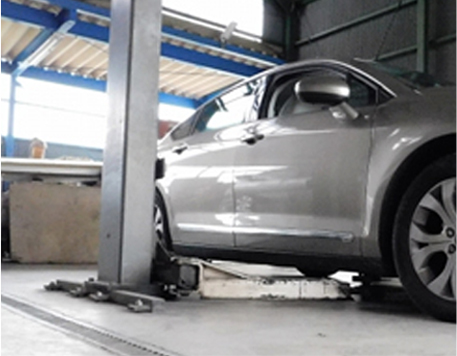
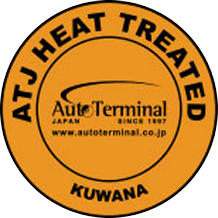
- Kuwana
Under this approval, MPI accredits Autoterminal Japan to conduct heat treatment to vehicles and machinery:
- Criteria for Heat Treatment
- that leave Japan on or after 1 September and arrive in New Zealand on or before 30 April of any year (BMSB Season)
- are found to harbour high-risk pests outside of the BMSB season
- found to have been re-contaminated with high-risk pests after initial heat treatment has taken place
- with exceed the time period stated in the ATJ operating Manual for storage between and loading the vessel
The heat treatment is recognized by MPI as effective for live insect contamination only.
DAFF Heat Treatment – Australia
The Australia Department of Agriculture and Water Resources has given Autoterminal Japan the approval to conduct Heat treatment to vehicles in Japan bound for Australia.
As a registered offshore BMSB treatment provider, it is Autoterminal Japan’s obligation to conduct and record treatments consistent with the regulations and methodologies set by DAFF.
Autoterminal complies with the requirements of DAFF when conducting and documenting BMSB treatments.
- Container Number/s
- ATJ ensures that the correct container number/s is reflected in all BMSB treatment certificates being issued. In cases where the container number is not available, ATJ uses an alternative consignment link.
- AEI
- ATJ sees to it that our AEI (entity identifier) is clearly included in the BMSB treatment certificate.
- Providing treatment details and certificates
- A copy of each BMSB treatment certificate issued will be submitted to DAFF for verification.
- Records of treatment and certificates
- Using the templates provided by DAFF, we keep complete and accurate records of the BMSB treatment we conduct and certificates we issue.
- 2018/19 BMSB season treatment requirements
- Heat Treatment: ATJ makes sure to conduct BSMB heat treatments in line with the sections of the heat treatment methodology set by DAFF.
- Finalised 2018/19 BMSB season treatment rates
- We provide different treatment options. You can find more details about these treatments and the prices at www.agriculture.gov.au/import/before/pests/brown-marmorated-stink-bugs.
- Conducting concurrent BMSB and commodity risk treatments
- Autoterminal Japan may conduct a single treatment for both commodity and BMSB risks, if the commodity requires it. The treatment will have to be done at a higher rate to meet the requirements of both treatments.
- 120-hour post-treatment window and other export scenarios
- In some cases where vehicles units are transhipped to non-target countries for export, or transit through risk-countries, the 120-hour post-treatment window is applied, where the goods may have to undergo offshore treatment. More details about the 120-hour post-treatment window can be read at www.agriculture.gov.au/import/before/pests/brown-marmorated-stink-bugs/prepare-import.
FIJI Biosecurity
The Biosecurity Authority of Fiji (BAF) has given Autoterminal Japan the provisional approval to be a BAF Approved Used Vehicle System in Japan.
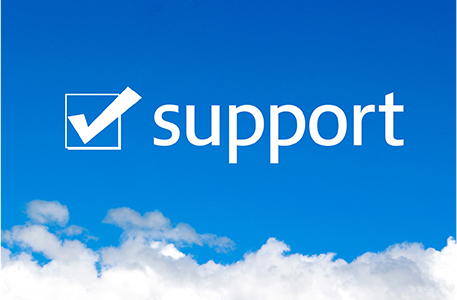
The provisional approval given to ATJ is based on the Standard Operating System shared with BAF and recognition of an Equivalence- approval granted by NZMPI (New Zealand Ministry of Primary Industry).
With this approval, Autoterminal Japan is expected to:
- operate in compliance with the agreed SOP (Standard Operating Procedure) of BAF, in alignment with the BIS for all new and used vehicles, vessels, conveyances and farm machinery imported to Fiji
- appropriate risk management measures implemented to prevent contamination post treatment.
- ensure that the exported vehicles are clean and biosecurity contaminant-free upon arrival in Fiji.
- handle transit vehicles as per the BIS or in accordance with the SOP.
Autoterminal Japan will conduct treatment of all new and used vehicles, vessels, conveyances and farm machinery exported to Fiji, and endorse the treatment certificate to the BAF for border clearance.




